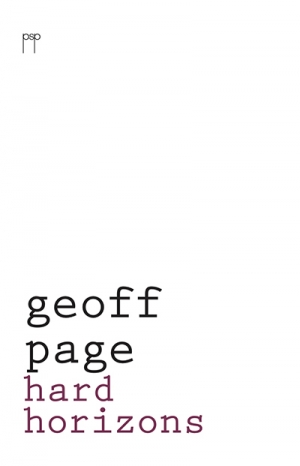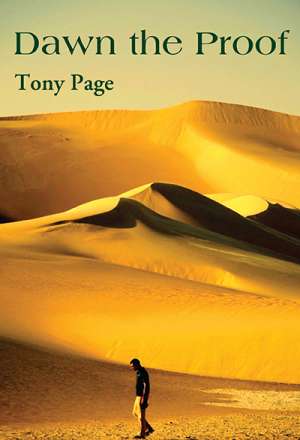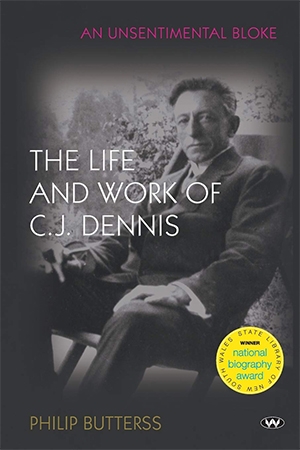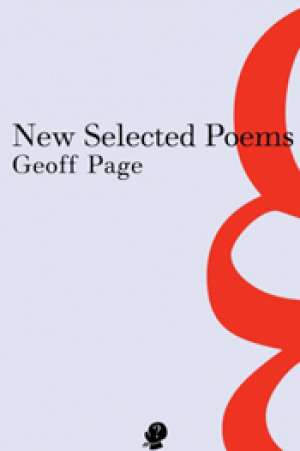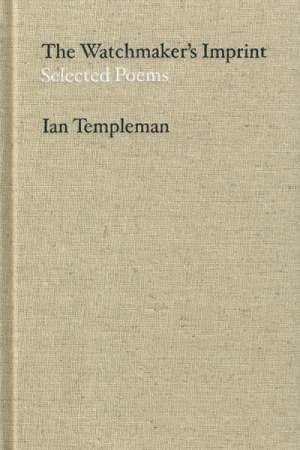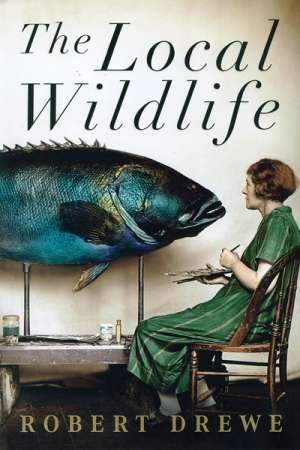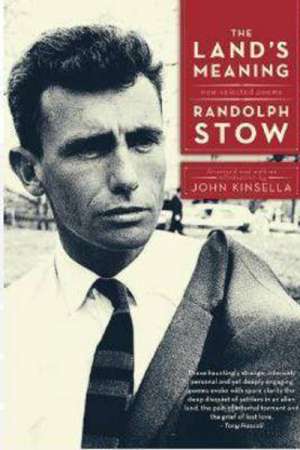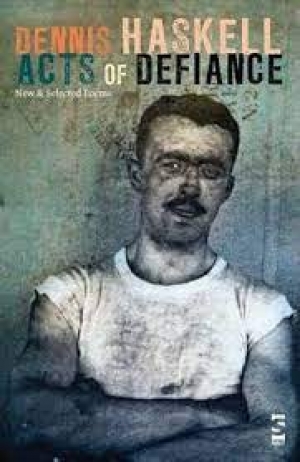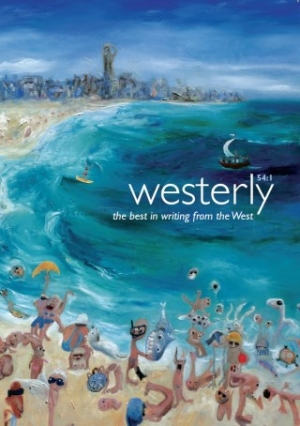Dennis Haskell
Dennis Haskell reviews 'Hard Horizons' by Geoff Page and 'The Left Hand Mirror' by Ron Pretty
I have no idea if Pitt Street Poetry is located in Pitt Street, in the centre of Sydney’s CBD, but it has certainly made itself central to poetry publishing in Australia. Its list includes such fine poets as Eileen Chong, John Foulcher, Jean Kent, and Anthony Lawrence; that reputation will be added to by these books from Geoff Page ...
... (read more)Dennis Haskell reviews 'Dawn the Proof' by Tony Page, 'Headwaters' by Anthony Lawrence, and 'Gods and Uncles' by Geoff Page
The last two lines of Tony Page's Dawn the Proof (Hybrid Publishers, $25 pb, 87 pp, 9781925272239) ask 'how to seize / the grains of now'. One of Page's (implicit) ...
... (read more)Peter Kenneally reviews '101 Poems' by John Foulcher, 'Small Town Soundtrack' by Brendan Ryan, and 'Ahead of Us' by Dennis Haskell
Reading these three books in April, it was impossible not to see in them flashes of what Ross McMullin has described in war artist Will Dyson's drawings from World War I ...
... (read more)Dennis Haskell reviews 'An Unsentimental Bloke: The life and work of C.J. Dennis' by Philip Butterss
Now and again it is good to remind ourselves that literary history (and I think the history of the other arts) is strewn with the names of those who had great stature in their own time and are now largely forgotten, and with the names of others for whom the reverse is true. William Blake, short of money, went to work for the much more admired poet William Hayley. These days, the name ‘William Hayley’ will only conjure up ‘Rock Around the Clock’. Even Samuel Johnson, perhaps the greatest of all literary critics, thought Abraham Cowley ‘undoubtedly the best’ of the Metaphysical poets, and it took three hundred years for John Donne’s reputation to be firmly established.
... (read more)Twenty pages from the end of his New Selected Poems, Geoff Page imagines being ‘an heir of Whitman’, and muses that ‘I think I could turn awhile and write like the Americans, / they are so at ease in their syllables, irregular as eyelids, / various as the sea’. These lines are so cleverly Whitmanesque that the idea seems momentarily plausible. Only an astute reader will stop to think that the sea is hardly various at all – and how irregular are eyelids? Page’s poem, we might realise by this stage of the book, is presenting wry, understated humour, and this is one way in which he seems a deeply Australian poet, utterly unlike the Americans.
... (read more)The last page of Ian Templeman’s Selected Poems asks us to imagine that ‘every touch / expressing affection, left a handprint / on the heart’ that scientists could later ‘analyse, / to trace a profile of love’. Templeman envisages retired scholars who would prefer to find these traces ‘above a life of research texts’. The poem is titled ‘Night Journey’ and the scholars are ‘Approaching the dark’. It establishes the scale of values by which Templeman assesses ‘life’s puzzle’, and he is surely right: intimacy, personal relationships, the links between the generations are in the end what really matter to us, above learning, knowledge, adventure, professional achievements, and ‘research texts’. The gentleness of this poem is characteristic, and it possesses added poignancy in this Selected because of circumstance. Templeman himself is seriously ill, and the selection has been made by fellow poets Paul Hetherington and Penelope Layland. The book, explicitly ‘a gift to the author’, includes a generous introduction and is superbly produced. It is as beautiful-looking a poetry book as I have ever seen, appropriate for a poet who has been deeply involved with the visual arts.
... (read more)Pre-teen and early teen years had me and many others enjoying Ross Campbell’s witty column in the Sunday Telegraph newspaper about the goings-on in ‘Oxalis Cottage’, a fictionalised version of his Sydney home. Robert Drewe’s often hilarious columns for The Age and The Weekend West are a kind of modern equivalent, and a selection of them is brought together to form The Local Wildlife.
... (read more)Dennis Haskell reviews 'The Land’s Meaning' by Randolph Stow
Randolph Stow, who died in 2010 aged seventy-four, must now be considered part of the Australian canon, whether that concept is conceived broadly or as a smaller cluster of Leavisian peaks. This status derives from his eight novels, which include the Miles Franklin Award-winner To the Islands (1958), the celebrated children’s book Midnite: The Story of a Wild Colonial Boy (1967), the much studied The Merry-go-round in theSea (1965), and the book that many (including me) think his masterpiece, Visitants (1979).
... (read more)Martin Duwell reviews 'Acts of Defiance: New and Selected Poems' by Dennis Haskell
First books often suffer most in a Selected Poems as the poet who finally emerges from the possibilities explored in the poems of the first book retrospectively weeds out those poems that are not in what becomes the dominant mode. This certainly happens in the case of Dennis Haskell’s Acts of Defiance ...
... (read more)Patrick Allington reviews ‘Westerly Vol. 54, No. 1’ edited by Delys Bird and Dennis Haskell
One of the best things about the latest issue of Westerly is the cover, a detail from Helen Norton’s painting The shores of the excommunicated. Norton’s image is a wonderfully disquieting take on the modern Aussie beach. It inspires fresh ideas and imaginings, it unsettles, it punctures complacency, it provokes counter-reactions, but it also entertains – typifying what literary magazines should do.
... (read more)
